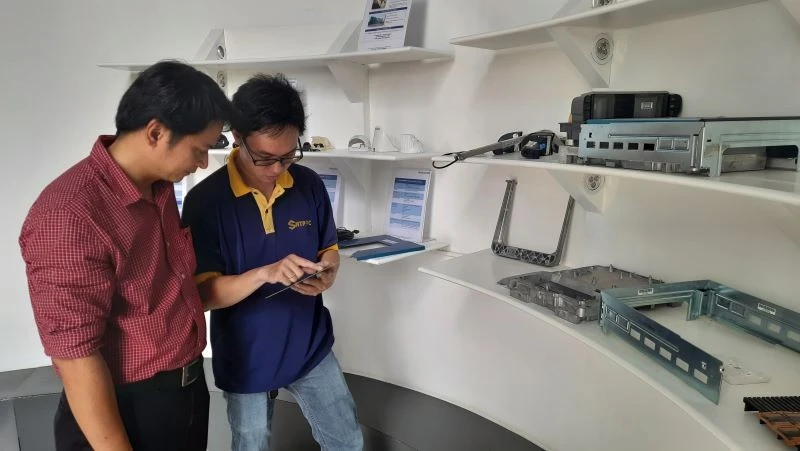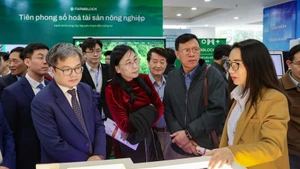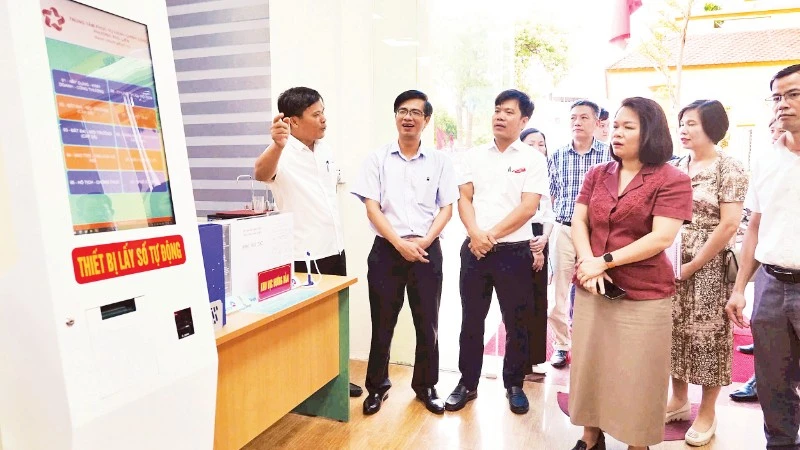This situation has posed a pressing requirement for universities to develop investment strategies and mobilise all resources to train human resources in microchip design to serve both Ho Chi Minh City and the nation.
With the aim of developing emerging training sectors, many universities in Ho Chi Minh City have been investing in facilities, equipment, and teams of experts and scientists to strengthen training programmes in the semiconductor and microchip design industries.
Among them, the University of Information Technology (UIT), under Viet Nam National University Ho Chi Minh City (VNU-HCM), has been offering training in microchip design for nearly 20 intake cycles as part of the Computer Engineering major, notably with its pilot microchip design class launched in 2023.
According to Dr Nguyen Tan Tran Minh Khang, Vice President of the UIT, the university has gradually affirmed its training capacity and quality, successfully attracting excellent students with high entrance scores.
Along with its advantages of an experienced teaching staff and high-quality students, UIT has received investment from VNU–HCM to establish a Training and Research Laboratory for Integrated Circuit Design oriented towards System-on-Chip (SoC) Design, and the Government has approved the development of this laboratory into a national-standard facility.
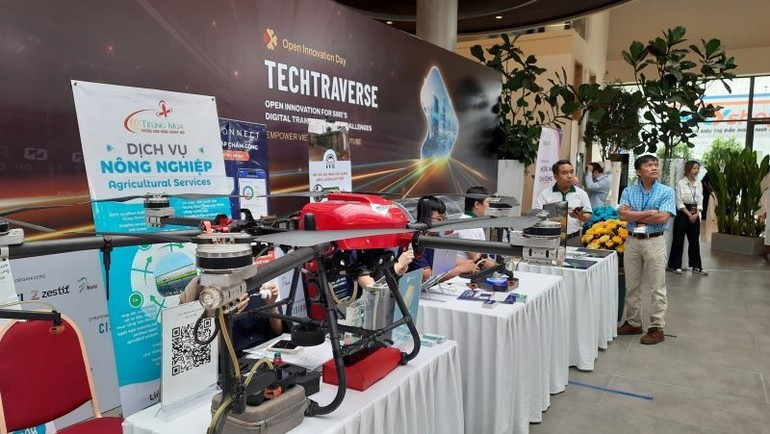
This investment enables UIT to equip itself with professional software, practical devices, and measuring instruments to serve undergraduate and postgraduate training that meets enterprise requirements.
At the same time, the university can attract talented undergraduate and postgraduate students and recruit lecturers and scientists with deep expertise in microchip design to engage in long-term teaching and research. However, Dr Nguyen Tan Tran Minh Khang acknowledged frankly that the university still faces difficulties in training activities.
Specifically, the university has not yet attracted a sufficient number of lecturers and experts to participate in teaching and research, as it faces strong competition for human resources from companies in the industry.
It also encounters difficulties in establishing practical and laboratory facilities for microchip design that meet enterprise requirements, as well as in accessing financial resources from corporate and state-funded science and technology projects to train specialised human resources in microchip design.
Additionally, there is a lack of mechanisms and policies to attract experts from enterprises and abroad to participate in teaching and scientific research at the university.
Looking toward international standards for microchip design human resource training, Dr Nguyen Tan Tran Minh Khang emphasised that the university has plans and solutions to strengthen the recruitment of lecturers and experts in this field for long-term teaching and research.
These include focusing on establishing and developing a System-on-Chip (SoC) Design Laboratory and a Digital Microchip Design Practice Laboratory, as well as building human resource capacity for training and research.
The university will also create policies and favourable mechanisms to attract young scientists and leading experts to work and conduct research, while enhancing investment in specialised research laboratories through financial resources from both government and corporate investment.
Experts believe that, given the urgent need to train high-quality human resources for the IC industry, some universities are investing in new technologies and conducting training programmes based on related disciplines such as electronics and telecommunications, and computer engineering.
The Faculty of Electronics and Telecommunications, University of Science (HNU–HCM) is the core unit in building the school's microchip design training programme.
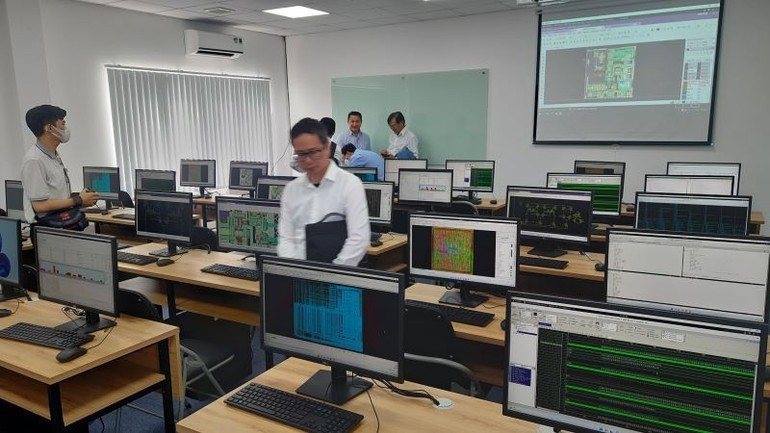
According to Associate Professor Dr Le Duc Cuong, Head of the Department of Electronics, Faculty of Electronics and Telecommunications, and Head of the DESLab Laboratory, to align with microchip design training programmes, the Faculty of Electronics and Telecommunications has developed a proposal for an Integrated Circuit Design Laboratory dedicated to training and research, with investment from VNU–HCM. Through this investment in facilities and training programme development, the university is now ready for the mission of training microchip design human resources.
Under the orientation of the Programme for Developing VNU–HCM into a Leading Asian Centre for Training, Research, Startups, and Innovation in Semiconductor Technology by 2030, with a Vision to 2045, the institution will establish advanced undergraduate and postgraduate training frameworks in microchip design, aiming to train over 1,800 engineers and 500 masters in this field.
In recent times, VNU-HCM has been developing training and research programmes in microchip design to meet the rapidly increasing demand for high-quality human resources in the industry.
Specifically, the focus has been on developing advanced training programmes and strengthening the training of engineers and masters; investing in the construction and shared use of specialised training and research laboratories; and establishing a Semiconductor Research Institute to attract expert and enterprise resources.
